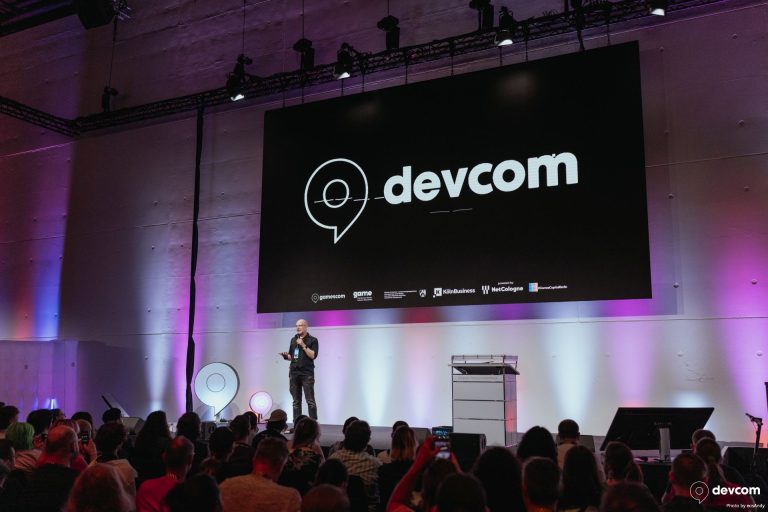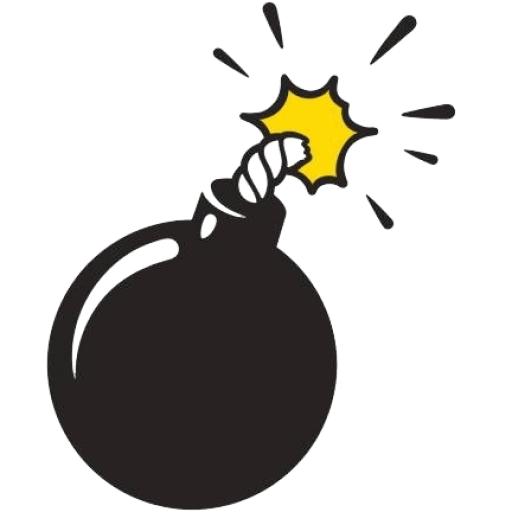Forget the race to build the biggest AI model. Forget the arms race to bolt AI into every Slack bot, coffee maker, and toothbrush.
Canada’s AI companies are busy doing something different: asking whether we should even build the damn thing in the first place.
And if you think that sounds boring, slow, or hopelessly polite, you’d be wrong. Responsible AI might just be Canada’s most badass innovation play yet.
The Land Where AI Grew Up
Before AI was sexy IPOs and doomsday think-pieces, it was three Canadians and their teams quietly rewriting the rules of computer science.
Geoffrey Hinton in Toronto. Yoshua Bengio in Montréal. Richard Sutton in Edmonton.
They were building the frameworks and recommendations for how Canada should approach this thing.
And in 2017, Canada doubled down with a national AI strategy before almost anyone else—$125 million to set up Mila, Vector, and Amii.
Three academic powerhouses that basically turned Canada into a world training camp for AI talent.
But here’s the twist: instead of just pumping out models, they started asking harder questions. Like—should every dataset be used? Should every model be deployed? What happens when algorithms make decisions we can’t appeal?
For many in Silicon Valley, these are afterthoughts. In Canada, they’ve been the starting point.
The Montreal Declaration and the Law Nobody Else Wrote
In 2018 (while most countries were still debating if AI was a “thing”) Montréal launched the Declaration for Responsible AI.
It read less like a manifesto and more like a conscience test: sustainability, democracy, human well-being.
Fast-forward to now: Canada’s Artificial Intelligence and Data Act (AIDA) is on the table. Imagine Europe’s AI Act—slightly friendlier, but still ready to bite if you deploy high-risk AI systems.
Meanwhile, the U.S. is mostly writing executive orders that say “try not to screw it up too badly.”
Canada, somehow, has positioned itself as the world’s hall monitor.
The Companies Putting Ethics in the Pitch Deck
It’s one thing for academics to wave around ethical charters. But Canadian startups? They’re baking responsibility right into their business models. For these companies, the slow-and-steady focus on security and ethics may pay off in the long run if (when?) AI’s foibles cause customers and investors to look specifically for companies that have built their models on a stronger foundation of trustworthiness.
- Cohere (Toronto): Building large language models, yes, but selling them to enterprises with strict privacy guardrails. Translation: less “write me a fanfic about Elon Musk as a golden retriever” and more “help my law firm not leak client data.”
- Coveo (Québec City): Enterprise search with personalization—but without secretly siphoning your behavior into a black-hole ad network.
- Waabi (Toronto): Self-driving startup that trains cars in simulation before they ever touch the road. If “move fast and break things” defined Uber, Waabi’s mantra is more like “move carefully and don’t kill anyone.”
- Borealis AI (RBC): A bank’s AI lab obsessed with bias detection. Because if you think overdraft fees are bad, wait until your mortgage application gets nuked by a biased algorithm.
The Tension
Here’s the rub (a problem which is far from exclusive to the AI industry): while Canada is building its brand as AI’s moral compass, it’s also bleeding talent to U.S. giants.
Every time Google or Meta waves a fat paycheck, another Canadian researcher packs their bags.
Startups here complain of the “commercialization gap.” Research? World-class. Scaling unicorns? Not so much.
And ethics aren’t free. Being the company that says no to questionable data, or that triple-audits its model for bias, often means shipping slower. In a global race where speed equals dominance, Canada risks looking like the thoughtful kid in the corner while everyone else already shipped product.
The Big Bet
But here’s the question: when the dust settles, who do you actually trust?
The company that threw an untested AI into the wild and called it innovation? Or the company that spent the time making sure it wouldn’t accidentally ruin your credit score—or, you know…your democracy?
Healthcare. Finance. Public services. These are markets where trust isn’t just nice to have—it’s the whole game.
And this is where Canada’s “boring” obsession with ethics could become its nuclear weapon. Because when the hype cycle cools and regulators start circling, every flashy AI tool that cut corners will suddenly look radioactive.
game.
The “responsibility-first” approach may slow early commercialization, but it offers a strategic advantage in resilience. Models and products developed with careful governance are less likely to face lawsuits, recalls, or bans, making them more sustainable in the long run.
Ethics-led innovation also serves as a magnet for researchers and practitioners who want to align their work with responsible values. Canada can position itself as a home for talent disillusioned by profit-first approaches elsewhere.
So yes, Canada might be moving slower. Yes, the headlines are dominated by OpenAI, Google, and Anthropic.
But here’s the punchline: if AI is going to rule the world, somebody has to play referee.
And right now, Canada looks more than willing to wear the stripes.







